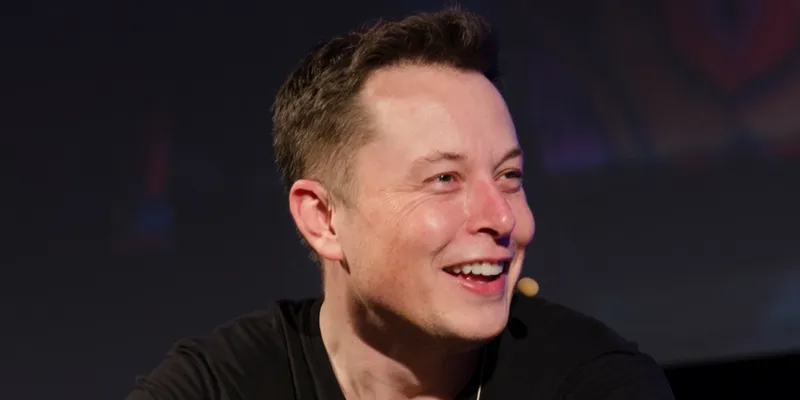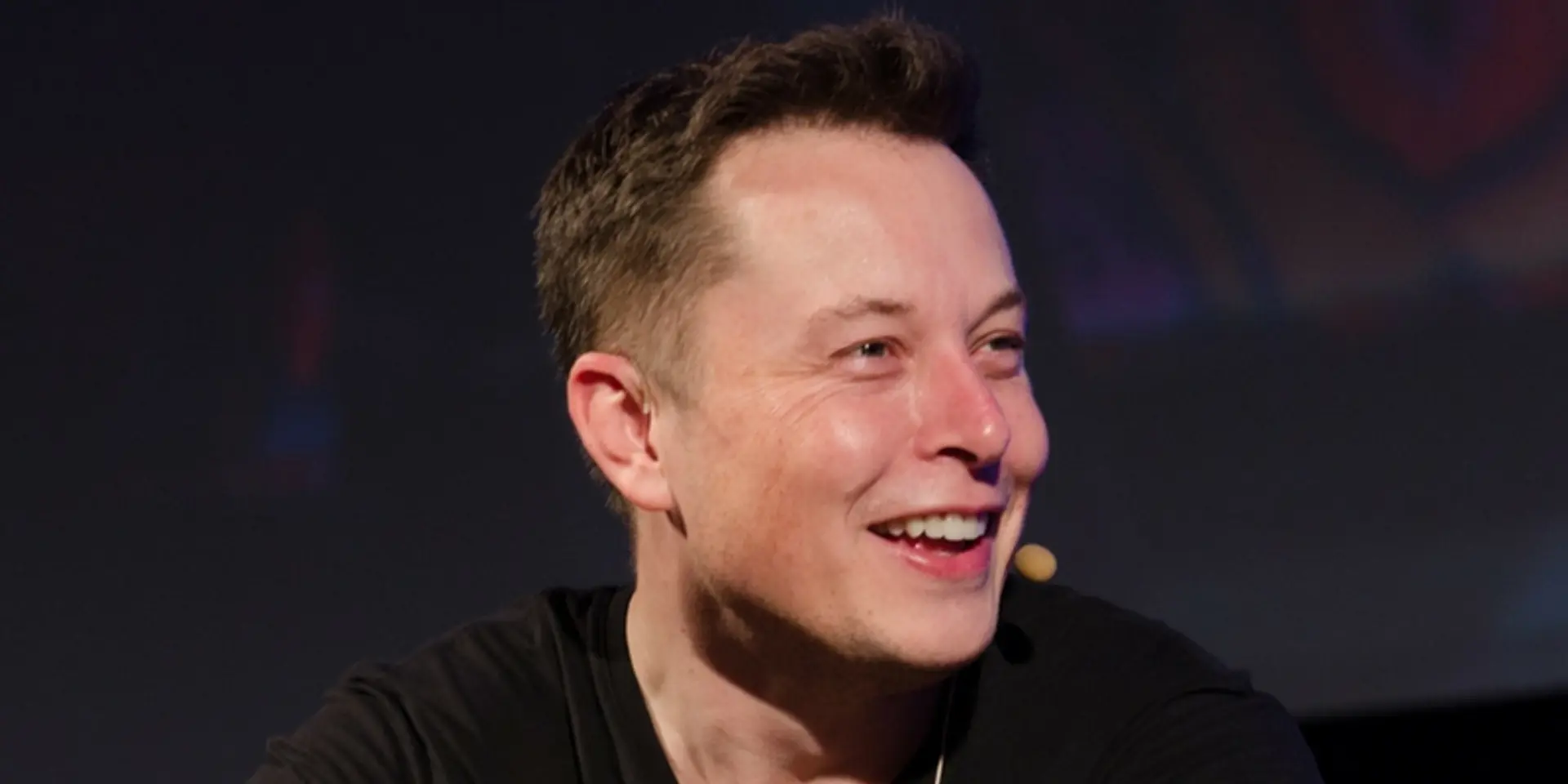Creating brand value on social media the Elon Musk way
If you ask people to name one of the most influential and forward-thinking tech leaders of our time, one of the names most likely to come up will be Elon Musk. The man behind revolutionary companies – like PayPal, SpaceX, Tesla Inc., and more – has had an immense impact on the tech world and even on the future journey of mankind.
Musk’s 17 million-strong follower base (as of writing this) on Twitter sheds light on his global appeal. His immense social media presence has been at the forefront of debates not just on technology, but even policies and implications of unfounded beliefs. In a way, he is a channel through which topics can generate interest and hold prominence in the public forums of the internet.
Taking a cue from him, we look at how leaders in the making can leverage social media to not just create impact but also encourage debate, generate conversations, and show what it takes to be a leader, through something as simple as a message on social media.

Image: By Heisenberg Media (Flickr: Elon Musk - The Summit 2013) [CC BY 2.0], via Wikimedia Commons
Building brand value
A close look at Elon’s Twitter account reveals that he uses it as a medium for instant interaction with the world at large, which includes his peers, the tech community, and his followers. Elon uses social media as a means of building value for his brands. After all, what better way to announce the latest developments at your organisations than using a medium that is short, instant, and allows one to gauge public reaction to a product or new development.
Take, for example, his tweet in July 2017 about getting approval for the next stage of development for the Hyperloop project:
However, Elon not only provides information, he seeks feedback too. As an entrepreneur, it is important to open yourself up to receiving the opinions of your consumers and followers, especially on social media. This authenticity helps build trust and pays off dividends in the long run, something Elon understands all too well:
Ultimately, social media for a business leader is about connecting with your audience. Engaging and responding to commentary from consumers on social media not only gets you respect, it also brings followers who recognise your authenticity and approachability.
For example, Tesla’s new Roadster stole the show when it premiered at the end of the company’s Semi event in November 2017. The car’s sleek looks and touted high-calibre performance captured people’s attention immediately, with many reaching out to Musk on Twitter to ask him just how fast the car could go. In response, Musk tweeted this:
Apart from drumming up further interest in his product, this tweet also helped Elon further establish his credentials as a consumer-focused leader on Twitter.
Getting the right word out
Social media is about more than just passing on news and responding to users, though. It is also a great forum to express views on topics that matter to you, and Elon is a great example of effective use of Twitter for the same.
Elon’s views on AI and its future are well-known, and Twitter is a major reason for it. He has frequently used the platform to engage in conversation about the sector as well as express his own views on it, such as in the tweets below:
Elon is unapologetic and honest in his tweets, and his followers recognise and cherish his authenticity. A worthwhile lesson for any entrepreneur.
However, this openness also inevitably leads to brickbats. Not everybody will agree with your opinions, and there will be plenty of negative comments, but rather than shy away from it, an effective business leader should embrace this feedback and learn from it. Elon is in fact known for talking about his failures on Twitter as openly about his successes. Take the tweet below for example:
There are going to be naysayers and critics anyway – the important thing is to not get annoyed by them, but rather embrace them and use their criticism for improvement.
Ace social media, the Musk way
As one of the biggest business leaders globally, Musk’s social media presence is a good role model to emulate for entrepreneurs who have “recently arrived on the scene”. If you have a product that solves major problems, and want to share it with the world to test the waters and gather feedback, then Musk is someone you need to study. See how he engages with his audience and builds up the brands of his companies, and emulate his strategies for your own company’s growth and development.







